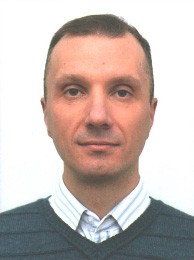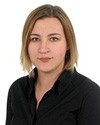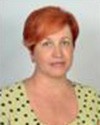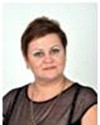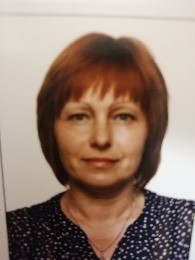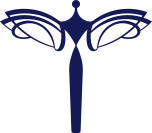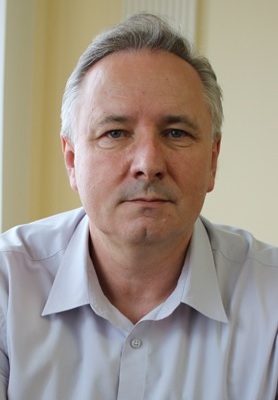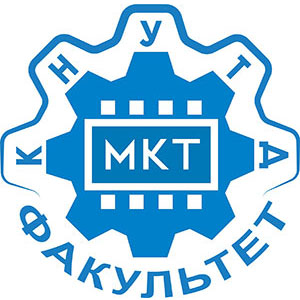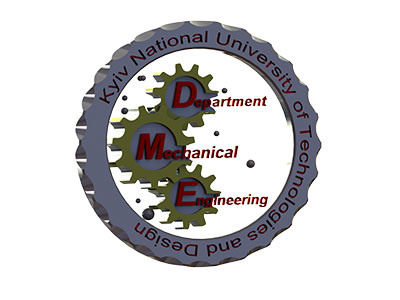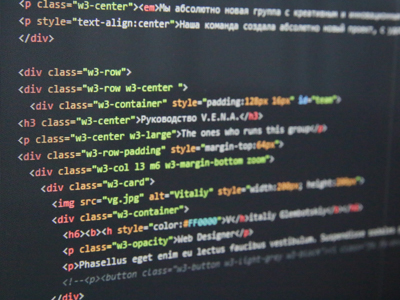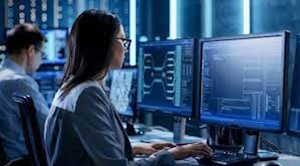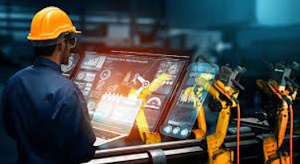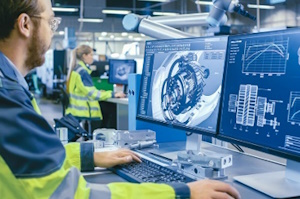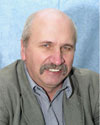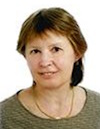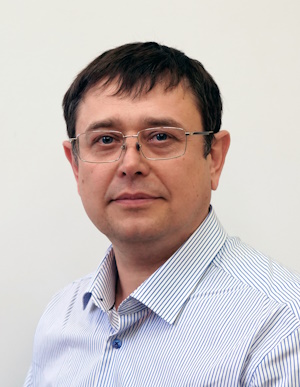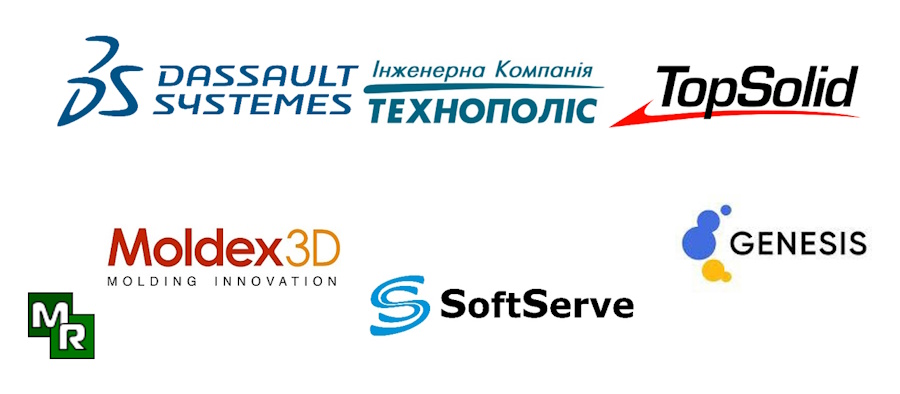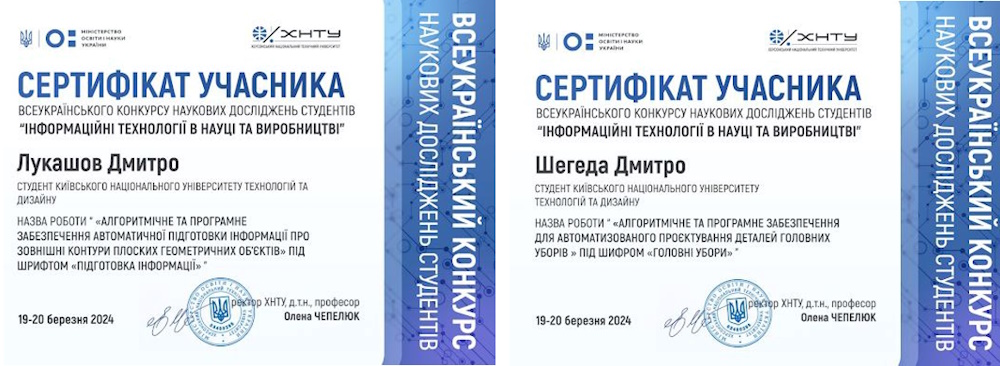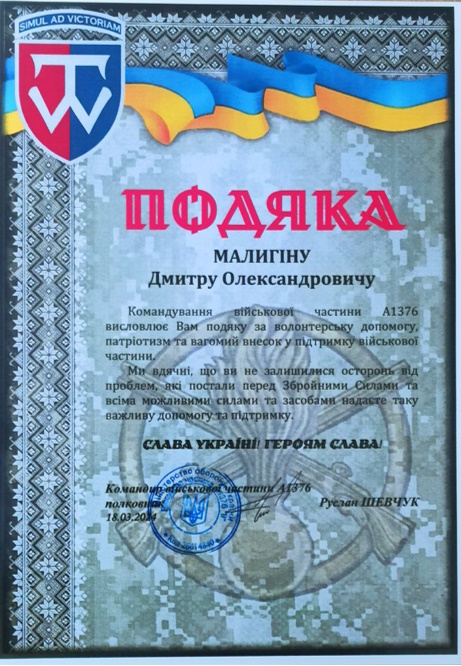The history of the Faculty of Mechatronics and Computer Technologies began in the 1930s, when the Kyiv Polytechnic Institute of the Leather Industry was founded, in which the chemical-technological, mechanical-technological, and engineering-economic faculties operated. A separate mechanical faculty was created on February 1, 1939.
Initially, the faculty trained mechanical engineers for tanneries, shoe, sewing and knitting factories. In the 1940s, the faculty had the following departments: metal and wood technology; electrical engineering; theoretical mechanics.
The appearance in the light industry of new ultra-complex equipment with microprocessor and computer technology and the rapid development of chemical enterprises led to the opening in 1957 of the specialty "Automated control of technological processes".
At the end of the 1960s, a computer laboratory was created at the faculty, on the basis of which the computer center of the university was later created, and in 1972, the training of specialists in computer technology and programming began.
Since 1980, the faculty has been training specialists in light industry machines and devices, automation and complex mechanization of chemical-technological processes, engineering technology and construction materials.
In the 1990s and 2000s, in response to the demands of the labor market, the faculty opened the following specialties: "Equipment of light industry and household services", "Computer-integrated processes and production", "Metrology and information and measurement technologies", " Quality, standardization and certification".
In 2015, the curriculum was updated and new specialties appeared: "Computer Science"; "Applied mechanics"; "Industrial engineering"; "Automation, computer-integrated technologies." For scientific achievements in 2017, prominent scientists of the faculty were awarded the State Prize of Ukraine in the field of science and technology.
Taking into account the rapid development of information technologies and their growing role in all spheres of human life and activity, the training of specialists in the specialty "Software engineering" began in 2021, and in the specialties "Information systems and technologies" and "Cyber security and information protection" in 2022.
Today, the faculty has successfully operating and dynamically developing departments: mechanical engineering; computer sciences; information and computer technologies. Here, all the necessary conditions have been created for the harmonious development of the student, the training of qualified specialists in accordance with the requirements of modern world engineering.
